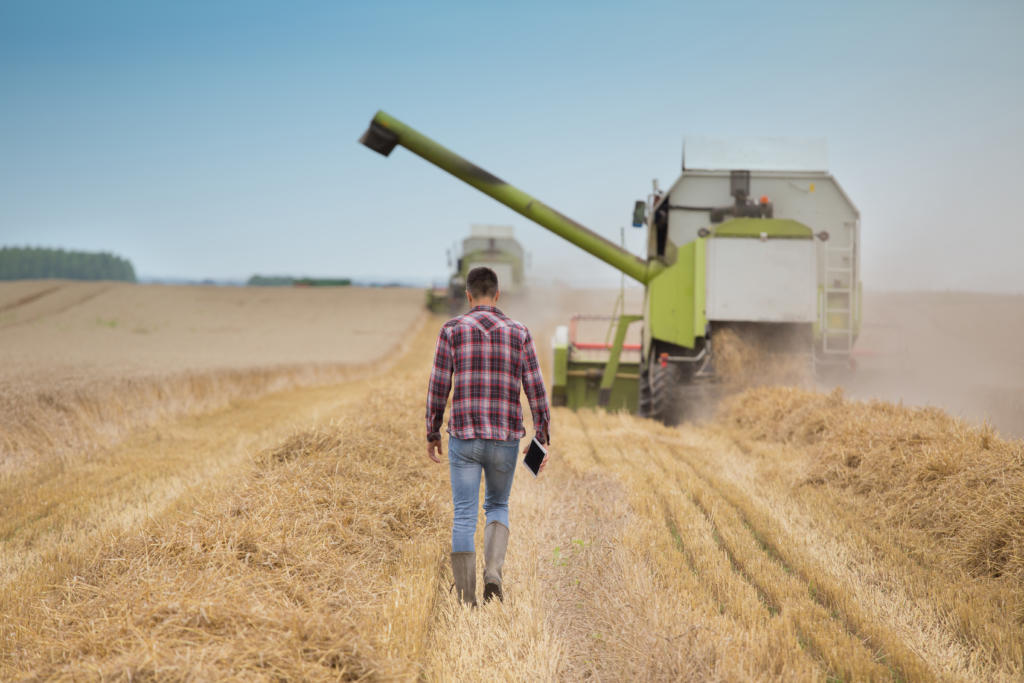
The information included in this article is correct as of 31 March 2020. The situation with coronavirus is developing rapidly. For an update on the latest legal implications, go to Stephens Scown’s COVID-19 Insights Hub.
From employment law issues, to managing your cash flow Verity Slater from leading Cornish law firm Stephens Scown LLP outlines answers to some of the legal questions farming and rural businesses are facing due to coronavirus.
How do I minimise cash flow issues caused by the coronavirus pandemic?
If your customers are in financial difficulty and become unable to meet their financial obligations to you, it will be important to react to those issues quickly.
Communication is key. You may be able to restructure any payment arrangement, which would allow you to maintain your own cash flow and your relationship with your customer. Record any agreement in writing, to that everyone is clear what their obligations are.
If you are unable to recover money owed from your customers, it is worth checking your insurance policy to see if it covers you for that kind of loss.
Another option is to secure a charge, under which the debtor’s asset is held as security for the debt or a personal guarantee from a director from a corporate debtor.
Debt recovery is also an option as it may get you to the top of the payment queue quicker.
I rent out some of my farm buildings. What happens if my tenants miss rent payments due to coronavirus?
New legislation which is currently going through Parliament means that some commercial and residential tenants who cannot pay their rent because of coronavirus will be protected from eviction, however Farming Business Tenancies and Agricultural Holding Tenancies are not protected.
We would advise you to have a conversation with any tenants and seek to reach a voluntary arrangement about rental payments.
For more information you can read this article that we have produced.
Are farm workers classed as ‘key workers’?
The Government has identified a list of key workers, which includes those involved in ‘food and other necessary goods’. These workers will be allowed to travel to work and their children may be eligible to go to school during the coronavirus crisis.
However, there may be some workers in a farming business who could work from home, such as bookkeepers, sales staff, etc. The Government is encouraging as many people as possible to work from home.
If you have workers coming into work, to minimise the risk of spreading coronavirus, you should encourage them to wash their hands regularly and to keep at least 2m apart from colleagues or members of the public.
Will I be eligible to apply for a grant to cover wages of staff I can’t afford to keep on?
Some farm businesses, particularly those that are coming into harvest time, are actively seeking workers to cover a shortfall, however, for others they may have been facing difficult decisions about whether they could keep workers on.
The Government has announced an extensive package of support and more guidance on exactly what is available has just been released.
Under the Coronavirus Job Retention Scheme, all UK employers with a PAYE scheme will be able to access support to continue paying part of their employees’ salary for those that would otherwise have been laid off during this crisis.
This applies to ‘furloughed workers’, which means that they are employees who have been asked to stop working but remain on the payroll. HMRC will reimburse 80% of their wages, up to £2,500 per month.
The scheme will cover the cost of wages backdated to 1 March and is initially open for three months, but the Government has indicated that this will be extended if necessary.
If you are based in the UK and had a PAYE payroll on 28 February 2020 your business is eligible.
You can only claim for employees who have been on your payroll since 28 February 2020. Any employees who started after that date are excluded. Employees with part time, zero-hour contracts or flexible contracts are included. You can also claim for employees made redundant since 28 February 2020 if you re-hire them.
You cannot claim for anyone who is working but on reduced hours or for reduced pay. Be careful to consider what is best for your business and your employees, as you may have thought that a reduction in hours or pay for everyone works best and is fairer – but would preclude you from using the scheme. If you agree such reductions with an employee you cannot furlough them as well, as they would be continuing to do work for you. Employees that are furloughed cannot do any work for you during their furlough. We understand that this will be interpreted very strictly by HMRC.
More information on how the scheme will work is available here: https://www.stephens-scown.co.uk/covid19/coronavirus-job-retention-scheme-key-questions-answered/
Some of my workers are off sick, is there any help with paying their sick pay?
You may have workers off who are displaying symptoms of coronavirus, or if they are living with someone who has symptoms. The current Government guidance is that those with symptoms should self-isolate for seven days and anyone who is living with them should self isolate for 14 days.
The Government is allowing small and medium sized businesses (with fewer than 250 employees) to reclaim Statutory Sick Pay (SSP) paid for sickness absence due to COVID-19. The refund will cover up to two weeks of SSP per eligible employee who has been off work because of COVID-19. SSP should be paid from the first day of their absence. Employers should maintain records of staff absences and payments of SSP, but employees will not need to provide a GP fit note. Instead if an employer requires evidence, those with symptoms of coronavirus can get an isolation note from NHS 111 online, and those who live with someone that has symptoms can get a note from the NHS website. The Government has committed to working with employers over the coming months to set up the repayment mechanism for employers as soon as possible.
I run a holiday letting business on my farm and I’m not taking bookings during the coronavirus crisis. Can I get any help?
The Government is offering support for hospitality and leisure businesses that pay business rates, by offering a business rates holiday. It will be introduced for the 2020-21 tax year. This would include properties that are wholly or mainly being used for hospitality, as guest and boarding premises or self-catering accommodation.
